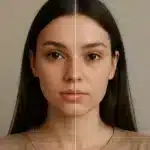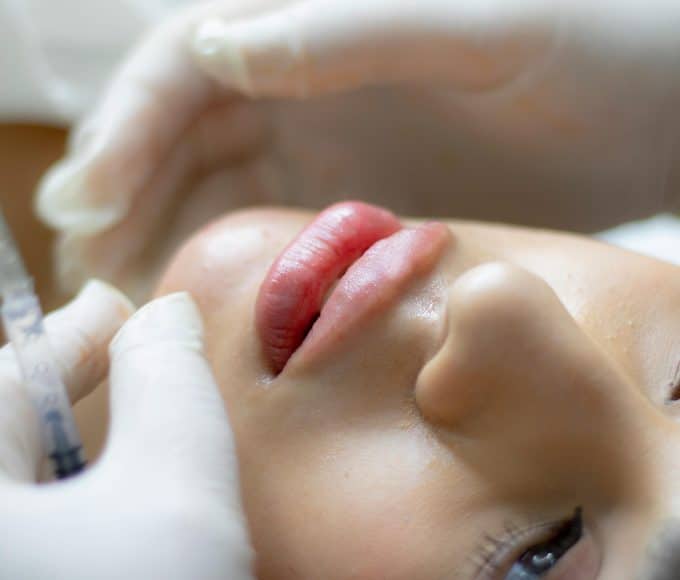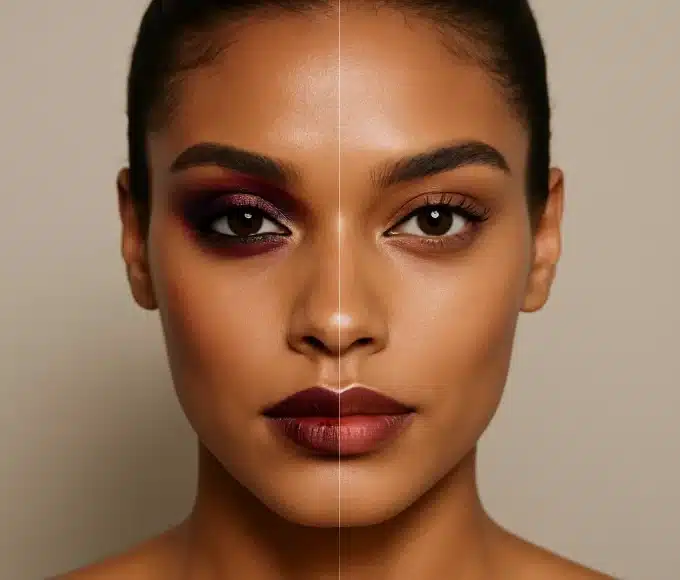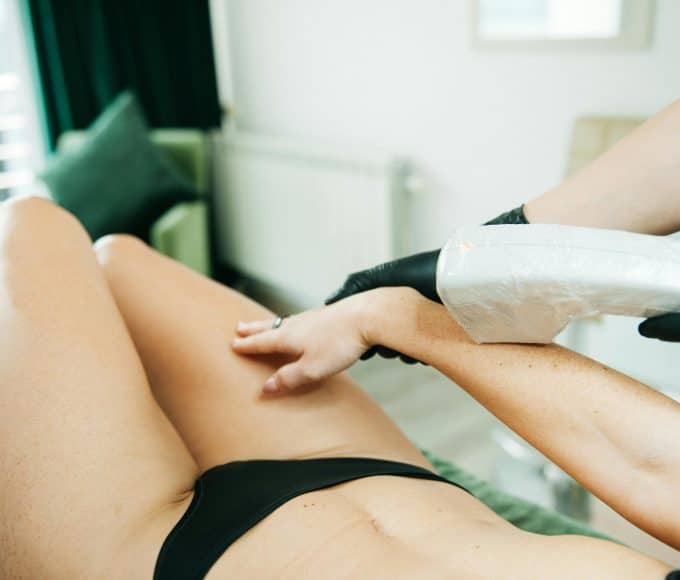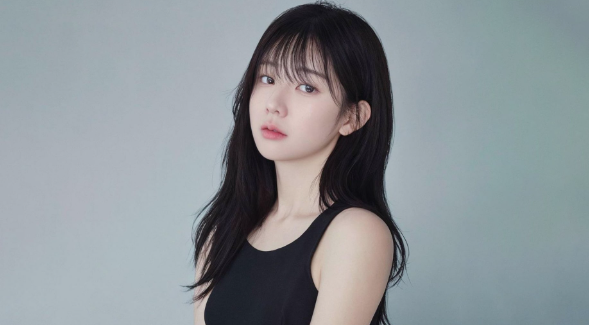No products in the cart.
BeautyFeaturedParenting
How Beauty Filters Are Messing With Confidence
September 1, 20252 Mins read1
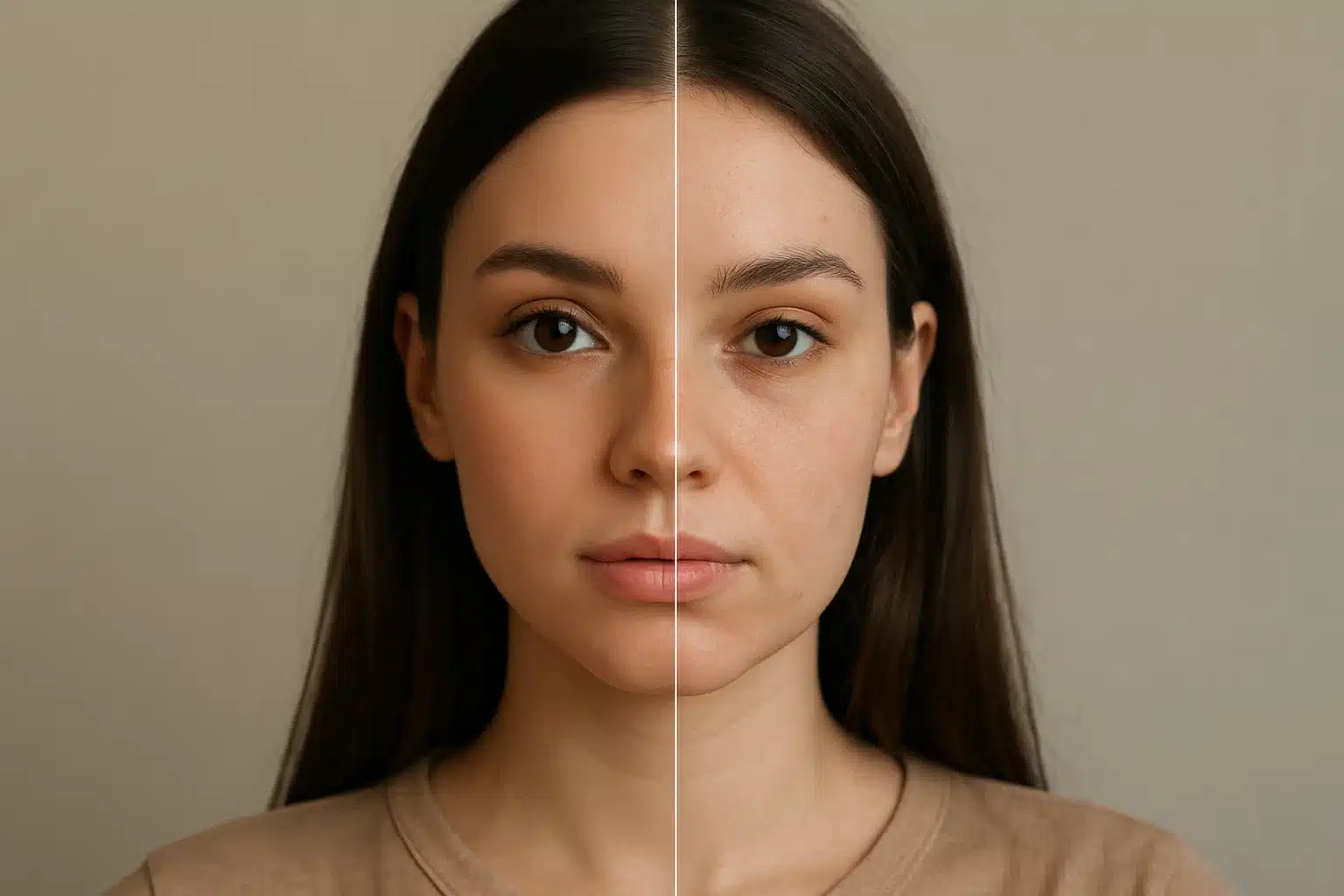
If you spend time on Instagram or Snapchat, you already see it happening. Beauty filters messing with confidence is not just a theory. It is subtle, constant, and it changes how people feel about their own faces.
The Subtle Shift You Do Not Notice
Filters do more than smooth skin. They change jawlines, slim noses, enlarge eyes, and inflate lips. The scary part is that these changes are so slight that people stop realizing they are altered.
Over time, the brain accepts the edited version as reality.
When you look back at your unfiltered face, it feels off. Not because it is flawed, but because your sense of normal has been warped. That is where insecurity begins.
The Comparison Trap
Beauty filters messing with confidence gets worse when combined with endless social media feeds. You are not just comparing yourself to celebrities anymore.
You are comparing yourself to filtered classmates, coworkers, and strangers who look like they live inside a beauty app.
Research shows this hits teenage girls the hardest. Instagram’s own internal studies admitted that nearly one third of teen girls felt worse about their bodies because of what they saw on the platform. That number is not small.
The Mental Health Fallout
Psychologists now talk about “filter dysmorphia.” Teens and young women go to dermatologists and plastic surgeons asking to look like their filtered selfies. The edits have become the ideal.
Governments are taking notice. Reports in both the US and abroad have flagged filters as a factor in rising anxiety, eating disorders, and self esteem crashes. There have been calls for restrictions, especially for minors.
And yet, social media companies keep pushing filters. Sometimes they even apply them automatically without telling you. They call it enhancement. In reality, it is manipulation.
What Can Be Done
-
Know when you are being edited. Turn off auto beautification in your camera settings. Many phones now add it by default.
-
Follow more real faces. Unfiltered creators exist, and seeing them resets your idea of what normal looks like.
-
Take breaks from image heavy apps. Even short breaks reduce the spiral of comparison.
-
Talk openly about it. Especially with younger girls who might not realize how fake most images are.
Beauty filters messing with confidence is not harmless fun. It is a quiet reshaping of how people view themselves, especially women in their teens and twenties.
The combination of subtle edits, endless comparison, and corporate indifference creates a perfect storm for insecurity.
Your real face does not need fixing. It needs protection from the algorithms that profit when you feel less than enough.
Read more – Bad Habits That Affect Beauty and Health: What You Need to Quit Today
Related Articles
Beauty
Thinking of Getting Lip Fillers? Read This First
If you’re thinking of getting lip fillers, you’re not alone. Lip injections...
BeautyMakeup & Skincare
How to Enhance Your Natural Features
Let’s be honest—makeup trends change every season. But your face doesn’t. And...
BeautyMakeup & Skincare
Laser Hair Removal for Women Explained Simply
If you’ve been thinking about ditching razors and waxing for good, you’ve...
BeautyMakeup & Skincare
How to Get Korean Glass Skin in 2025
Here’s the deal: If you’ve been searching how to get Korean glass...

